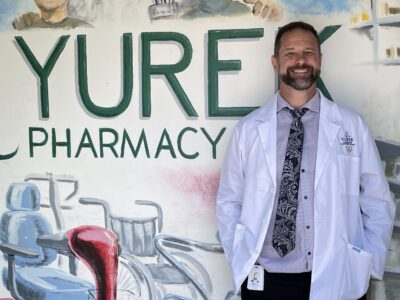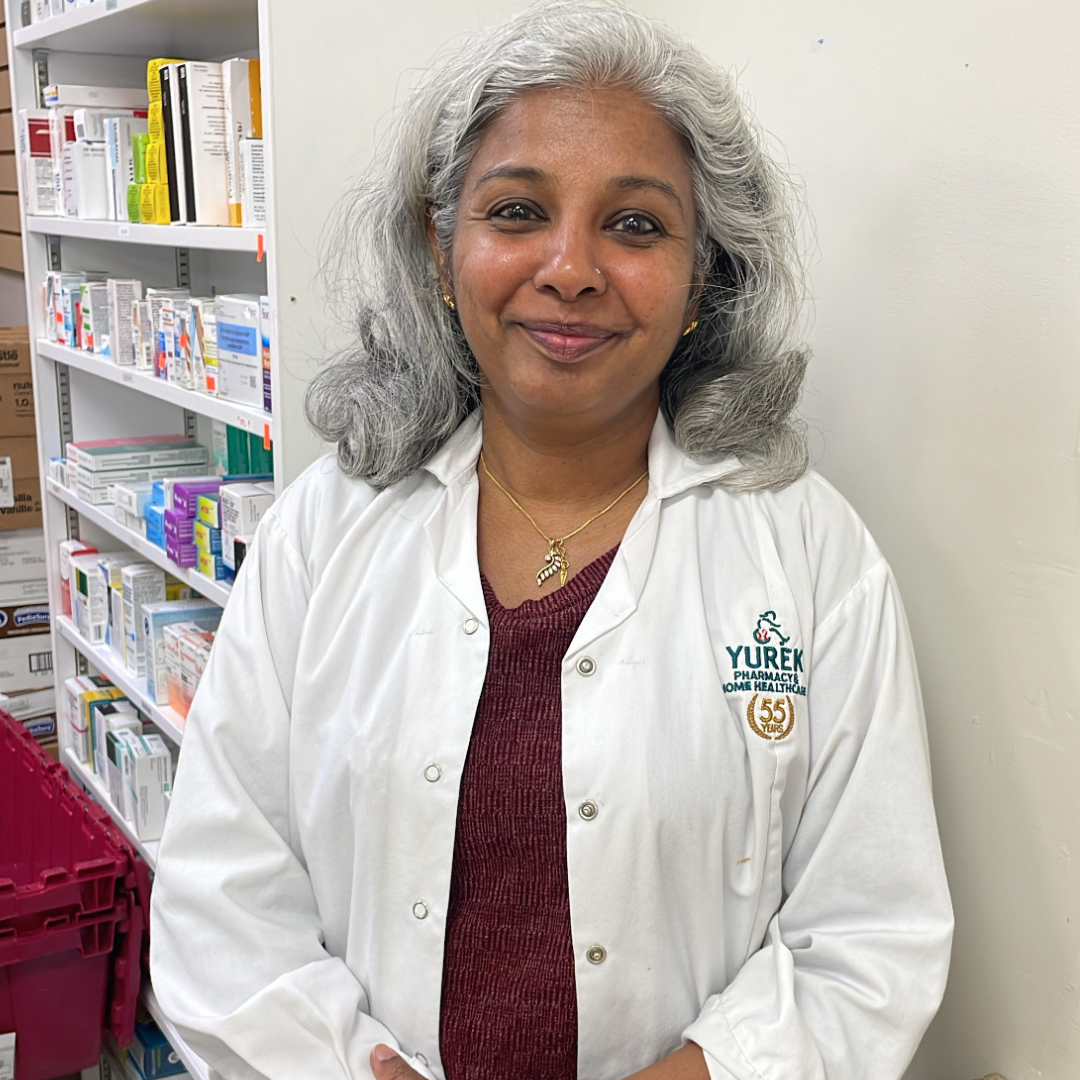By: Steve Bond, BScPhm, RPh, CDE
July 24th has been chosen International Self-Care Day by the international self-care foundation. Its purpose is to help us recognize the importance of self-care to our health and to the healthcare system. There are seven pillars to effective self care.
The first pillar is Knowledge and Health Literacy. Health information can be complex and confusing. Health literacy in its basic form is your ability to understand and apply this information to your health. Poorer health literacy leads to poor choices, riskier behaviours, and worse overall health.
The second pillar is Mental Well-Being & Self-Awareness:
- Mental well-being includes optimism, self-esteem, having purpose and a sense of wellbeing. It also includes feeling supported by family, friends and the community.
- Self-awareness involves understanding where you currently stand from a health perspective. This can allow you to make better choices suited to
The third pillar is Physical Activity, the key to self-care. Regular moderate activity improves health, fitness and mood. It can also help to reduce weight and the risk of metabolic illnesses. Physical inactivity is the fourth leading risk factor for global mortality causing an estimated 3.2 million deaths globally.
Healthy Eating forms the fourth pillar. In addition to physical activity, proper nutrition has been shown to be one of the key determinants of good health. Healthy eating is especially important in children and adolescents as childhood obesity is one the major health challenges of our time. The lessons learned early can also be continued into adulthood.
Pillar five is Risk Avoidance or Mitigation, one of the most achievable pillars of self-care. Most of the other pillars involve active changes such as exercise or cooking healthy, risk avoidance refers to not doing things that may harm our health. Getting vaccinated, not smoking or excess drinking, wearing a seatbelt while driving or wearing a helmet when riding a bike are all examples of risk avoidance.
Good Hygiene is the sixth pillar. In the London/St. Thomas area, where sanitation is not an issue, hygiene such as proper hand washing, and food safety practices are key measures to self care.
The final pillar is Optimal Use of Products and Services. This involves you managing your health safely and effectively, with medicines, products or services This can often be a challenge as for many products and services, there is more “marketing than medicine.” Many products and services make claims that are unjustified or unproven. This is where enhancing knowledge (Pillar 1) is important to choosing.
Proper self-care can be beneficial as you can add years to your life and life to your years. It also benefits society as those individuals who practice good self-care will not need to access health care services as often. Take care of yourselves and each other.








